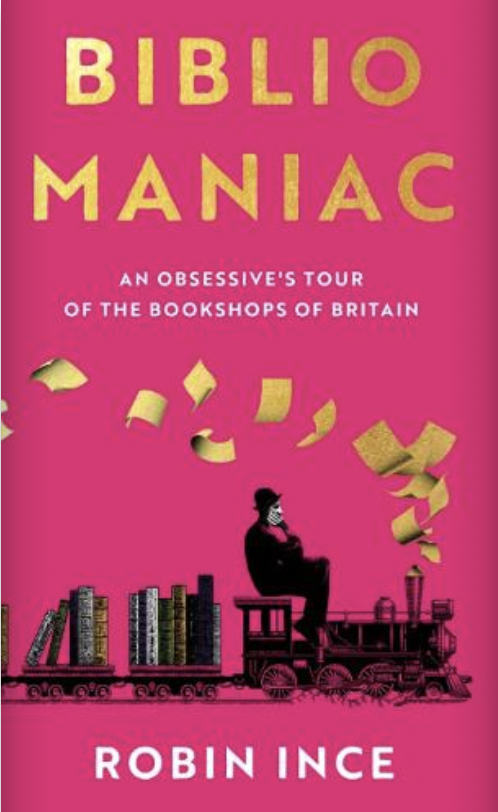The control of that narrative has led to the popular belief that trans-critical voices get extreme abuse and trans-supportive voices are treated with kid gloves. This bias makes it much easier to create a simple “goodies” and “baddies” scenario.
I would prefer the end of abuse as a weapon on any side. When I told someone about the rape threats that had been repeatedly received by some pro-trans feminist friends, I was told, “I bet their rape threats aren’t as bad as the ones my friend gets.” What an untenable place to be in. Our heart tells us that we must speak out, then our anxiety silences us for fear of being misunderstood and turned into a bigot.
The performer Paul Currie was accused of antisemitism and banned from the Soho Theatre in February, which led to losing his slot at Glastonbury and at various comedy festivals. I was not there that night, but have heard many reports and it seems that the newspaper version of events are not quite what happened.
For the newspapers, the story is all done and dusted in 48 hours. Not for Currie, who could be a lifelong pariah. The story revolves around the use of a Palestinian flag and two members of the audience’s response to it. You can hear Currie’s version of what happened on a recent Alexei Sayle podcast.
What I find most disturbing about this story is the speed with which Currie was declared a bigot and banned by the theatre he was performing in. This does not seem like justice served, but institutions seeking to get out of the hot water as rapidly as possible. I have performed runs of shows at the Soho Theatre and had a lovely time, but for now, I would not feel comfortable playing in a space that seems to disassociate itself from an act so rapidly.
All such stories ultimately do us no favours. They create an us and them situation, they make things binary and often give voice to the most extreme.
Shortly after that event in Soho, I was speaking to the writer Dave Cohen. He told me of the camaraderie and support between his local synagogue and mosque. These stories go unwritten, and tell us there are other ways and that many people of many persuasions can reach out and share bread.
As so often with the On the Road column, I didn’t start my travels. I intended to write about Sarah Corbett, who I met in Milton Keynes. She told me about the craftivist movement. Seek it out. It is a way to be creative, to make beauty but also to try and open up conversations and campaign to make the world better.
Robin Ince is a comedian, writer and broadcaster.
Bibliomaniac by Robin Ince (Atlantic Books, £10.99) is out now. You can buy it from The Big Issue shop on Bookshop.org, which helps to support The Big Issue and independent bookshops.
Get the latest news and insight into how the Big Issue magazine is made by signing up for the Inside Big Issue newsletter
Do you have a story to tell or opinions to share about this? Get in touch and tell us more. Big Issue exists to give homeless and marginalised people the opportunity to earn an income. To support our work buy a copy of the magazine or get the app from the App Store or Google Play.










